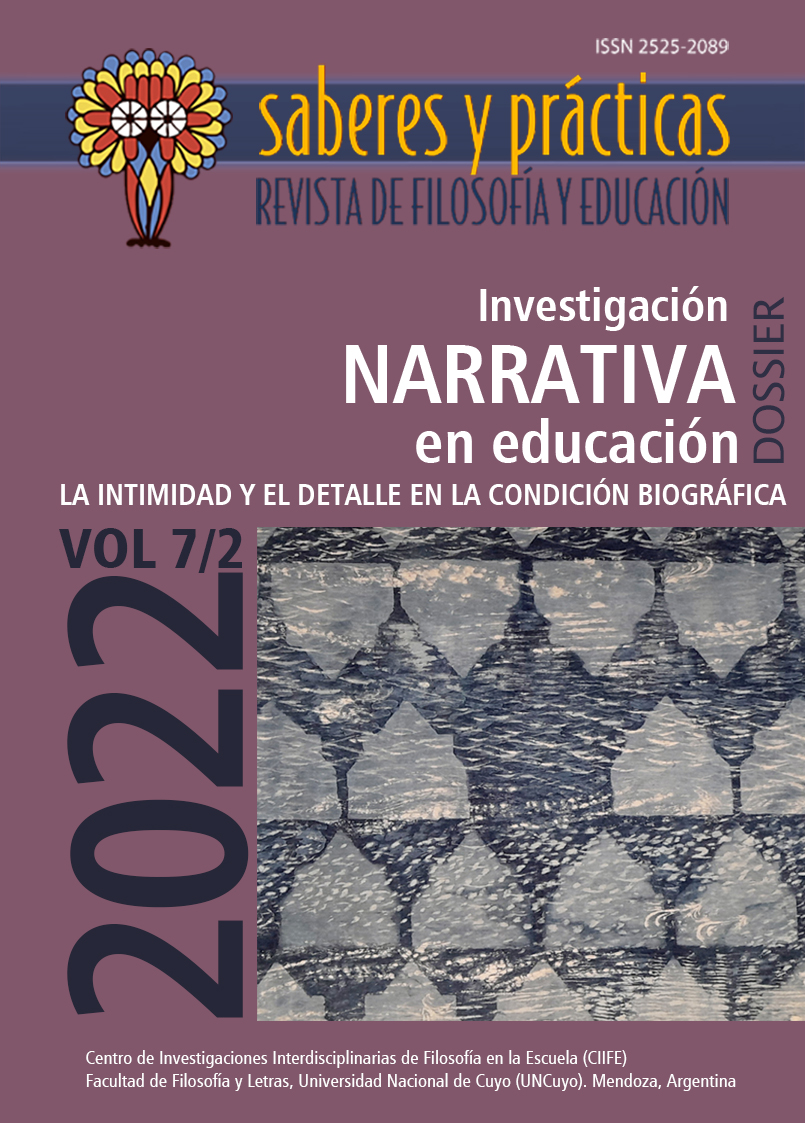Towards the radicalization of Karl Marx from the feminist contributions of Silvia Federici
DOI:
https://doi.org/10.48162/rev.36.065Keywords:
Marxism, Feminism, Labour power, Human nature, CapitalismAbstract
Silvia Federici has sought to keep the debate on the links between Marxism and feminism alive. Thus, after an intense research and militancy work, it has highlighted both the importance of Karl Marx for feminist thought as well as the author's modest awareness of the situation of women in capitalism. It is from this horizon that, in this paper, we intend to reconstruct this analysis from a careful hermeneutic exegesis, centered on the Marxian conception of human nature and its inseparable link with the idea of work. We will critically reveal the limitations and the power that inhabit these ideas of Marx if we approach them from a feminist perspective. Firstly, we will examine her philosophical-anthropological developments, in which she interprets work as a vital essence, to see how her bias relegates women to the space of the natural. Later we will focus on his analysis of the concept of labour power to address the opacities that his approach presents in the way in which it is produced and reproduced. Finally, we will explore the implications that this lacuna in Marx entails around the question of social time.
Downloads
References
Althusser, L. (2011). La revolución teórica de Marx. Siglo Veintiuno Editores.
Arendt, H. (2008). La condición humana. Paidós.
Balibar, É. (2006). La filosofía de Marx. Nueva Visión.
Bensaïd, D. (2013). Marx intempestivo: Grandezas y miserias de una aventura crítica. Ediciones Herramienta.
Caffentzis, G. (2020). En letras de sangre y fuego: Trabajo, máquinas y crisis del capitalismo. Tinta Limón.
Casanova, C. (2016). Estética y producción en Marx. Metales Pesados.
Eagleton, T. (1999). Marx. Grupo Editorial Norma.
Eagleton, T. (2011). Por qué Marx tenía razón. Península.
Federici, S. (2015). Calibán y la bruja: Mujeres, cuerpo y acumulación originaria. Tinta Limón.
Federici, S. (2018a). El patriarcado del salario: Críticas feministas al marxismo. Tinta Limón.
Federici, S. (2018b). Revolución en punto cero: Trabajo doméstico, reproducción y luchas feministas. Tinta limón.
Heller, A. (1998). Teoría de las necesidades en Marx. Península.
Lukács, G. (2004). Ontología del ser social: el trabajo. Ediciones Herramienta.
Marcuse, H. (1969). Marx y el trabajo alienado. Carlos Pérez Editor.
Marx, K. (1835/1982). Reflexiones de un joven al elegir la profesión. En Marx, K. Escritos de juventud (pp. 1-4). Fondo de Cultura Económica.
Marx, K. (1844/2001). Manuscritos de economía y filosofía. Alianza.
Marx, K. (1847/1984). Miseria de la filosofía. Orbis.
Marx, K. (1857-1858/2007). Elementos fundamentales para la crítica de la economía política: Grundrisse. Siglo Veintiuno Editores.
Marx, K. (1867/2000a). El Capital. Tomo I: El proceso de producción del capital. Fondo de Cultura Económica.
Marx, K. (1894/2000b). El Capital. Tomo III: El proceso de producción capitalista, en su conjunto. Fondo de Cultura Económica.
Marx, K. y Engels, F. (1846/1985). La Ideología Alemana. Ediciones Pueblos Unidos.
Marx, K. y Engels, F. (1848/1998). Manifiesto comunista. Crítica.
Sartre, J. P. (1960). Materialismo y revolución. Dédalo.
Published
How to Cite
Issue
Section
License
Copyright (c) 2022 Sebastián Martín
This work is licensed under a Creative Commons Attribution-NonCommercial-ShareAlike 2.5 Argentina License.





















